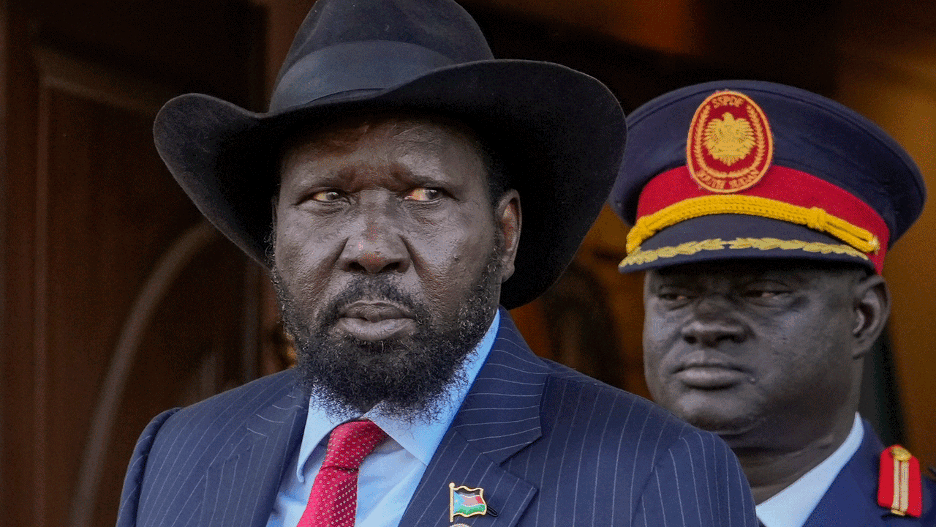By William Madouk
President Salva Kiir Mayardit has officially endorsed December 26, 2026, as the date for South Sudan’s much-anticipated general elections.
According to a statement from the Presidential Press Unit (PPU), the announcement followed a meeting between the president and the Chairperson of the National Election Commission, Prof. Abednego Akok Kachuol, during which both leaders affirmed their commitment to the scheduled timeline.
“President Salva Kiir Mayardit and the Chairperson of the National Election Commission, Prof. Abednego Akok Kachuol, have reiterated that general elections will be conducted on 26 December 2026, as previously agreed upon by political parties,” the statement read in part.
Prof. Akok revealed that the President has instructed the Ministry of Finance to allocate funding to support the election process. He also confirmed that security agencies have been tasked with supporting the Commission to ensure a secure and credible electoral environment.
Additionally, Prof. Akok disclosed that the Commission will soon convene a meeting with key stakeholders to evaluate recent efforts aimed at expediting the electoral roadmap.
He urged citizens to prepare for the polls, which will mark the end of the current transitional period.
The Electoral Commission currently has fully operational offices in six states, with construction ongoing in the remaining states.
The general elections, originally delayed, were rescheduled in September 2024 due to logistical and political challenges. It marked the second postponement since South Sudan gained independence in 2011 and began its extended transitional governance.
According to then-Presidential Security Adviser Tut Gatluak, the delay was necessary to allow time for essential processes such as conducting a population census, finalizing a permanent constitution, and registering political parties.
Civil society organizations, including the Community Empowerment for Progress Organization (CEPO), have stressed the need for greater political will and collaboration. CEPO’s Executive Director, Edmund Yakani, emphasized that successful elections will depend on legal and procedural integrity.
“Election preparations must follow the law and require concrete steps to ensure conditions for peaceful and credible elections,” Yakani said.
He also expressed concern that the two-year extension might not be sufficient to complete constitutional and census processes. As a solution, he recommended separating the elections from these processes or adopting practical measures, such as using the 2010 electoral constituencies.



